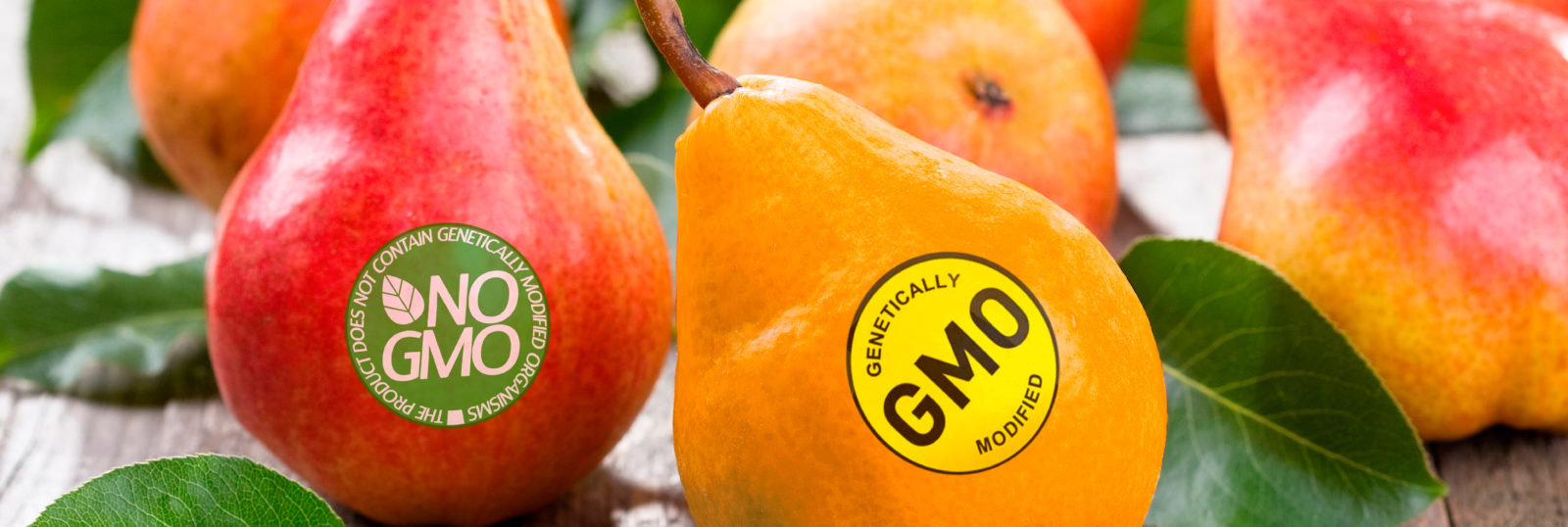Over 370 food industry companies are calling for mandatory labeling of genetically modified foods in the EU. This demand comes as EU-level discussions on GMO regulations are ongoing, with potential deregulation on the horizon.

Industry giants push for transparency
A significant coalition of food industry companies, including major retailers like Rewe and dm, is advocating for transparent labeling of genetically modified organisms (GMOs) in food products. This initiative, representing businesses from 16 EU member states, recently presented an open letter to István Nagy, the Hungarian Minister of Agriculture, who currently chairs the EU Council of Agriculture and Fisheries Ministers.
The push for labeling comes at a crucial time as the EU is considering deregulating its GMO guidelines. In summer 2023, the European Commission proposed relaxing these rules, and in February 2024, the European Parliament voted in favor of less stringent regulations for genetically modified foods. However, unlike the Commission’s original proposal, the Parliament insists on mandatory labeling for all GMO products in supermarkets.
Consumer choice and transparency
The open letter emphasizes the importance of consumer choice and transparency. “Many of our customers are skeptical about genetically modified products,” it states. “They want to decide for themselves whether to buy and eat these products. They can only do this if the products are clearly labeled.”
Kerstin Erbe, dm’s Managing Director for Product Management, reinforced this sentiment: “Citizens must be able to inform themselves as completely as possible about what they consume.”
This initiative isn’t new; the business coalition had already called for maintaining stricter GMO labeling before the European Parliament’s vote in February. However, before any relaxation of rules can be finalized, EU member states and the European Parliament must reach a compromise. Currently, EU agriculture ministers are still working on establishing a common position, and negotiations with the Parliament cannot begin until they do so.
Potential impacts of deregulation
If deregulation does occur, it could simplify the process of creating new breeds using modern genetic engineering techniques. Proponents of these methods believe they could lead to the development of more robust plants with enhanced nutrient profiles. Some also hope this could result in reduced pesticide use.
However, the food industry’s push for labeling underscores the ongoing debate between technological advancement and consumer transparency in the food sector. As discussions continue at the EU level, the outcome will likely have significant implications for both food producers and consumers across the region.





